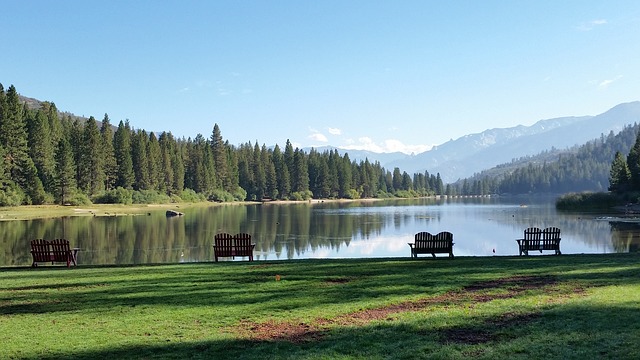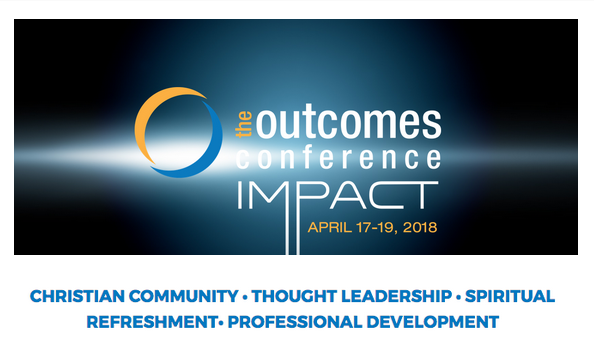
Board Retreats By Dr. Gary Hoag
 Discover why you should consider doing less on board retreats!
Discover why you should consider doing less on board retreats!
Earlier this year, I wrote a post on the CLA blog entitled “Discerning Direction” in which I suggested some intentional activities for ministry administrators and trustees to do on staff and/or governance retreats. Today’s post follows the trajectory of that submission and suggests two things we need to do less in those settings to create margin for the Spirit to work among us.
I draw these insights from Acts 13:1-3. Before reading this text, let’s consider these verses in their historical and literary context. In the chronicle of the early church as recounted by Luke in Acts, Jews came to faith first, and then Gentiles joined “the Way” (9:2), so the people of God needed a new name. They would be called “Christians” (11:26).
Now in the church at Antioch there were prophets and teachers: Barnabas, Simeon called Niger, Lucius of Cyrene, Manaen (who had been brought up with Herod the tetrarch) and Saul. While they were worshiping the Lord and fasting, the Holy Spirit said, “Set apart for me Barnabas and Saul for the work to which I have called them.” So after they had fasted and prayed, they placed their hands on them and sent them off.
In this text, we see Christian leaders fasting, praying, and sending people off resourced for mission. This fits the expected behavior of followers of Christ because in the heart of the Sermon on the Mount, Jesus instructed followers on giving, praying, and fasting (cf. Matthew 6:1-18). To do these things, I think we need to do less of three things.
(1) Do less eating
To fast together is to voluntarily set aside your collective desires in order to seek God’s heart. We do this because, as Jesus taught us, when we seek God first, all other things fall into place (cf. Matthew 6:33).
Have you ever been to a board retreat on which you felt like all you did was eat? I know I have. Next time you plan a retreat, schedule a mealtime with no food and replace it with extended times of prayer.
(2) Do less talking
When the five influential leaders assembled, we find them worshiping. Though our minds think of singing, the Greek word translated as “worshiping” implies that they were “rendering religious service” on behalf of the community. This service likely included reading Scripture, sitting in silence to hear from God, as well as praying and singing the Psalms.
What if your next retreat blocked time for reading Scripture, solitude, praying and singing? I can’t guarantee you will hear from God like this group in Antioch did, but I can tell you that God hears the prayers of His people. Also, it is easier to hear God’s voice when we are not talking!
(3) Do less hoarding
When needs arose in the early church, those with assets, such as Barnabas, didn’t keep them for themselves (This is the biblical meaning of “hoarding” cf. Proverbs 11:24; Ecclesiastes 5:13, et al). Instead, they sold them and gave the proceeds to the apostles (cf. Acts 4:32-37). His generous example and willingness to serve, undoubtedly shaped the Christians in Antioch, who “sent” Paul and him off with sufficient supply (13:3).
How might your next retreat be different if each person put their spiritual and material gifts on the table? The giving, praying, and fasting of board members and ministry staff sets an example for the congregations and constituencies that we serve. Texts like 1 Chronicles 29 illustrate this. People participate following the example of their leaders.
As you plan your next retreat, will you intentionally do less eating, do less talking, and do less hoarding? Consider an example of the application of these ideas to inspire you to do less!
Shortly, I will facilitate a mini-retreat with the leaders of a large ministry. Rather than build a long presentation for our time together, on one page I made a list of 20 questions for them to read in advance for prayer and reflection. When we convene without food, I will remind them that we are fasting to seek God together. I will open with prayer asking God to guide our discussion by the Holy Spirit and to lead us to the questions we need to discuss. Perhaps later in the meeting, I will ask them how they desire for those they serve to participate. At that point, I will charge them to model the way through their sacrificial service, generous giving, and faithful prayers.
My prayer for this upcoming gathering (and for your next retreat) is that by doing less eating, less talking, and less hoarding, that God will show up in a powerful way and propel the group to lead the way with unity on mission.
####
Gary Hoag, Ph.D., (New Testament, Trinity College, Bristol, UK), serves as a visiting professor at six seminaries, on part-time basis as ECFA International Liaison, and is known widely as “the Generosity Monk” because he has dedicated his life to encouraging Christian generosity. Subscribe to his daily blog at www.generositymonk.com
 Register NOW and save.
Register NOW and save.
Bring a group of five or more and save even more!
www.OutcomesConference.org

What is Christian Leadership Alliance?
Christian Leadership Alliance equips and unites leaders to transform the world for Christ. We are the leaders of Christ-centered organizations who are dedicated to faithful stewardship for greater kingdom impact.
Sign up for FREE blog updates.
Upcoming Events
Check back later!


